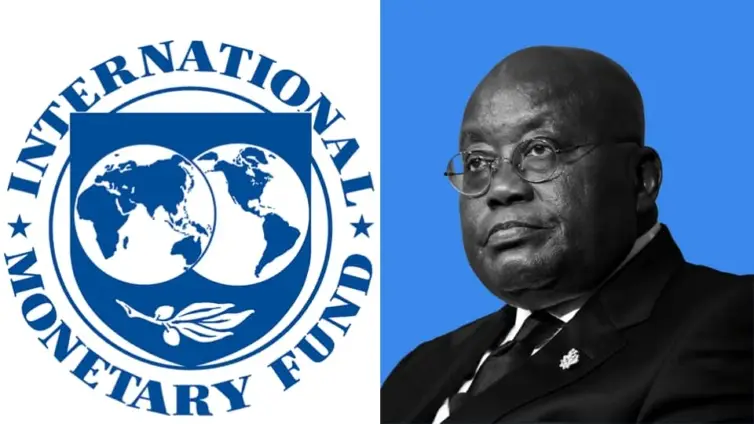
IMF Wants Ghanaian Govt to Raise Tax on Electricity

The International Monetary Fund has hinted that the Ghanaian government may re-implement the suspended 15 per cent value-added tax on electricity as inflation continues its downward trend.
This is at a time when some European countries are subsidising electricity to cushion citizens from high prices.
This tax, introduced under the revenue-raising measure towards COVID-19 recovery programmes by the government of Ghana and supported by the IMF, was placed on electricity and paused after a public outcry.
The residential consumers, who stood to lose the most, raised fear of financial burdens as the tax was met with criticism.
The Ministry of Finance, in a letter signed by the former minister, Ken Ofori-Atta, dated 1 January 2024, had directed the Electricity Company of Ghana and the Northern Electricity Distribution Company to apply the VAT above some threshold level for residential customers.
However, the government shelved the VAT upon threats of nationwide protest by Organized Labour on February 7, 2024. The protest was to be on February 13, 2024, should the policy not be fully withdrawn.
The Ghana Statistical Service reported that the annual inflation rate dropped to 20.9 per cent in July from 22.8 per cent in June, hitting a 28-month low.
With these inflationary pressures loosening, the government is likely to reinstitute the VAT on electricity, according to the Country Staff Report of the IMF for July 2024.
While the IMF argues that the tax is necessary for Ghana’s economic recovery, the decision will likely reignite public debate over the affordability of electricity and the broader impact on households.
Read More:
- Ademola Lookman Agrees to Join PSG as Atlanta Awaits Official Bid
- Cape Verde Education Minister Assures Citizens Of Policies To Implement Quality Education
About The Author
Related Articles
Asake Sets New Billboard Afrobeats Record as Chart Presence Grows
Asake has further cemented his place as one of Afrobeats’ most dominant...
ByWest Africa WeeklyJanuary 29, 2026Nigerians Lament PayPal’s Return as Old Wounds Resurface
PayPal’s reentry into Nigeria through a partnership with local fintech company Paga...
ByWest Africa WeeklyJanuary 29, 2026Tanzania Eyes Gold Sales as Aid Declines and Infrastructure Needs Grow
Tanzania is weighing plans to sell part of its gold reserves to...
ByWest Africa WeeklyJanuary 29, 2026Mali Tightens Grip on Explosives Supply With New Majority Stake
The Malian government has taken majority ownership of a civil explosives manufacturing...
ByWest Africa WeeklyJanuary 29, 2026











